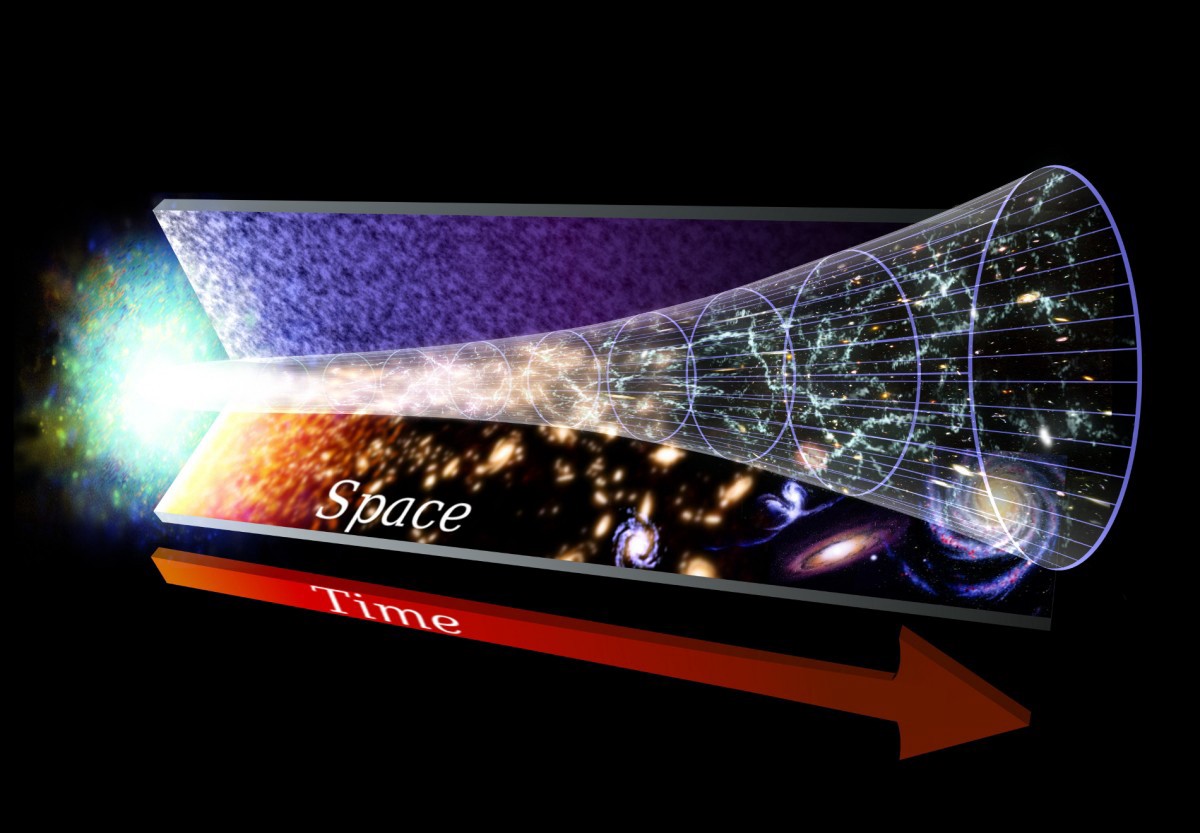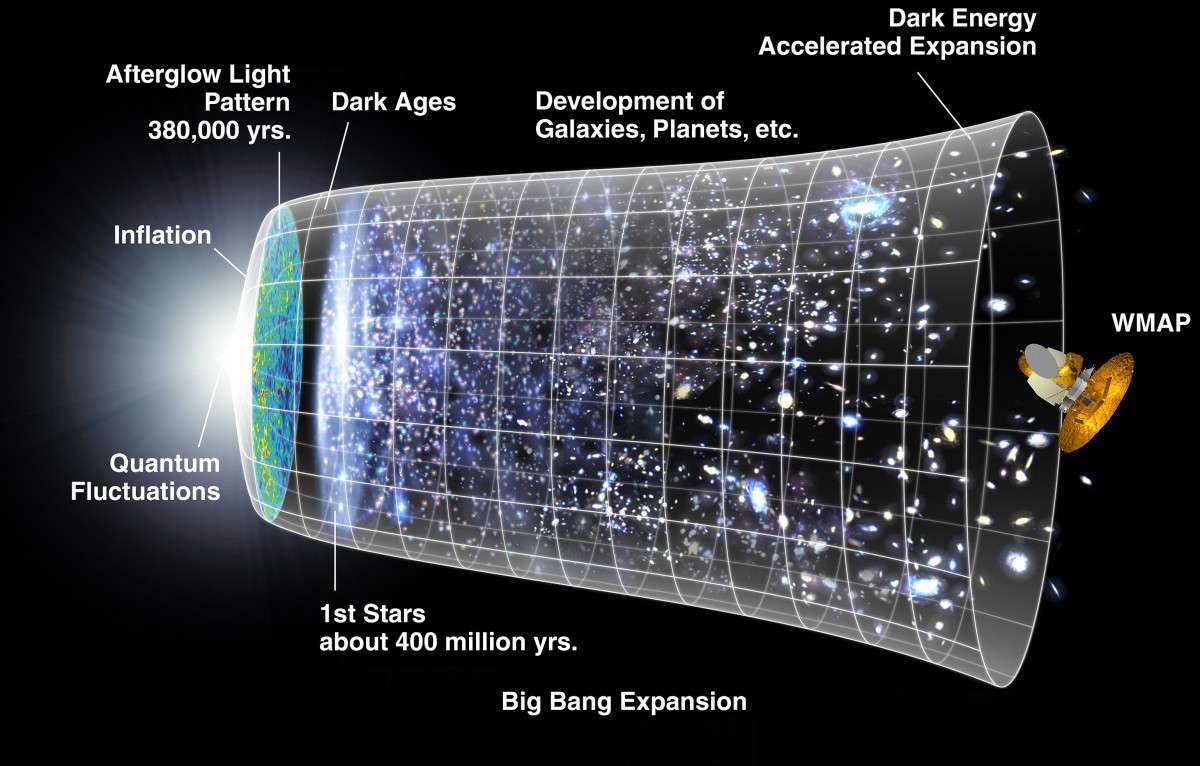Knowing how to code becomes the next phase of literacy.
Search Results
You searched for: Systems
It’s getting bigger over time, but is there anything it’s displacing, or expanding into? “Mathematicians deal with possible worlds, with an infinite number of logically consistent systems. Observers explore the […]
Their hyper-repetitive patterns mean video games vastly outgun older emotech… like movies, or novels. Some emotech helps you be more human. Some reduces your “humanity.” We shape our emotech, and then it shape us.
Clear skies? Go out and watch! Want a better show? Read on! “Every moment of light and dark is a miracle.” –Walt Whitman When it comes to meteor showers, most people […]
What will become of the unemployed humans?
If sold at today’s value, the value of that stock would be $45 billion.
Hello Barbie, the new interactive doll from Mattel, has some security flaws. As the Internet of Things becomes a reality, manufacturers must make security a priority.
The world’s first research journal dedicated solely to cryptocurrency launched last month. It’s a sign of the times as academics begin tinkering with the study and theory of digital currency.
Big Think’s Jason Gots reviews David McCullough’s 2001 Pulitzer Prize-winning biography John Adams.
If we came along too soon, would we ever have discovered dark energy? “Even if I stumble on to the absolute truth of any aspect of the universe, I will not […]
Because the technology is new, equipping a car with autonomous technology costs about $150,000 (the zero-emission fuel system comes standard).
Why does much of the world stubbornly resist data and email encryption? Why don’t we enable it on all our devices all the time?
It’s the rebels among us that change the world.
Edward Snowden lists services that will protect your privacy with just a few downloads.
Baby giraffes can stand within hours of birth and zebras can run in the first 45 minutes of life.
A complete refusal to accept basic facts has made a religion of our gun obsession.
Even when everything sucks, you can still feel thankful.
These days it’s hard to believe there is still moral beauty in the world. This is why we still want to believe, and where we can start looking.
Learning how to code will get you a job and a salary. More importantly, it allows you the freedom of understanding that you can solve problems that seem overwhelming.
Free riders choose to reap the rewards of a public good without paying their portion of the cost necessary to produce it.
How likely we are to bounce back from a setback is not predetermined. Here’s why, and what you can do to cultivate your inner fighter.
After hydrogen and helium, the periodic table is full of surprises. “The two most common elements in the universe are hydrogen and stupidity.” –Harlan Ellison One of the most remarkable […]
Life won’t let you go; not because brighter days are right around the corner, but because it just won’t.
Warhol may be dead, but Pop Art is not—it’s more international, relevant, and alive than ever.
America’s railway infrastructure brought to you by: China.
Scientists are looking at increasingly risky ways of combating climate change.
“Right now all of our eggs are in one basket and the basket is called Earth.”
▸
2 min
—
with
Even if you have a good emotional mask, there’s a computer that can see through the cracks.
Lab-grown meat will be on our plates sooner than we may realize.
Forensic anthropologist Richard Neave has given us the most accurate portrayal of Jesus to date. This still will not change the ways we misrepresent his identity.




























